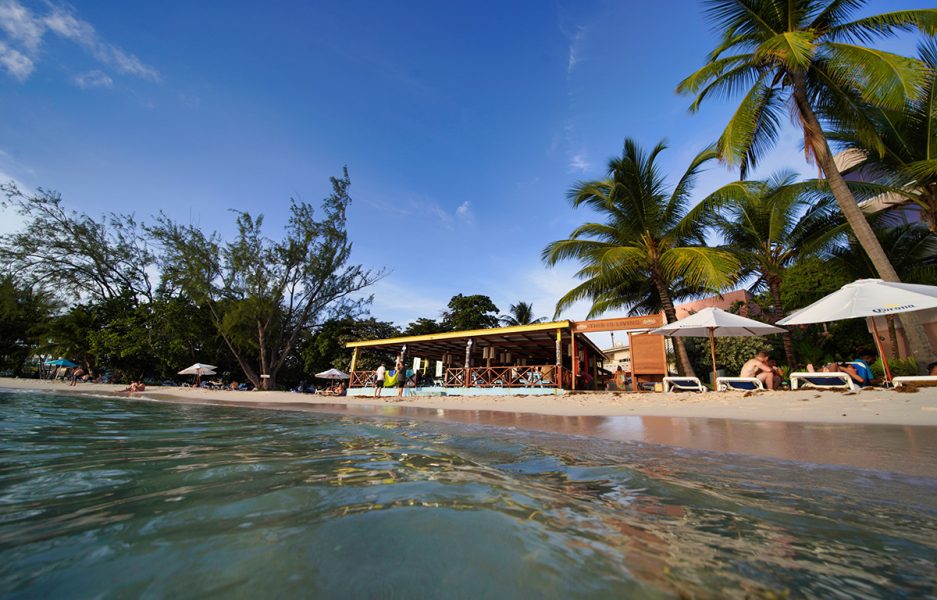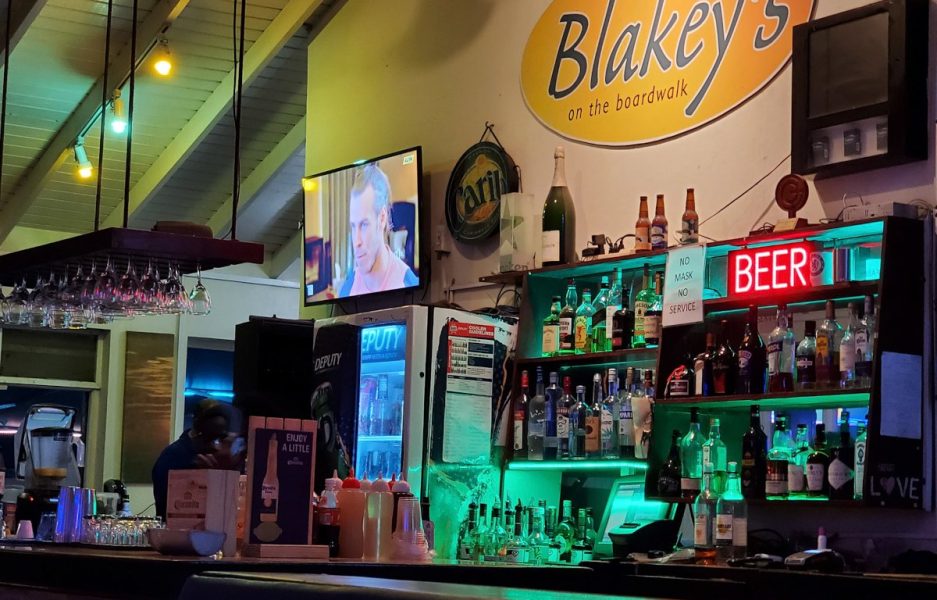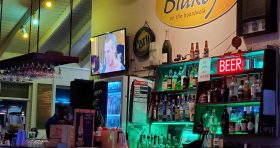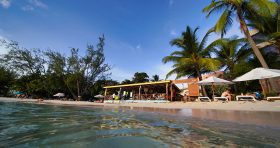Barbados Water
The natural spring water found in Barbados is among the purest in the world.
The state-run Barbados Water Authority Limited (BWA) is the exclusive supplier of potable water on the island.
Water supplied by the BWA is pumped from wells within natural coral aquifers. The result is a fresh water source of naturally high quality.
Despite this, to comply with World Health Organisation (WHO) guidelines, Barbados treats its potable water with chlorine.
According to one BWA survey, groundwater is the largest source of Barbados’s water supply, providing nearly 90% of the water supply. Of this, around half was drawn from just two wells, both operating at near full capacity.
Some 120 privately owned wells provide water for irrigation purposes – agriculture being the country’s largest single water user, accounting for 23.5% of 1996 BWA figures for total consumption. The domestic sector comes a close second, at nearly 22%.
With declining rainfall in the 1990s and increasing consumption, Barbados turned to coastal desalination to supplement its water supply. The BWA had a $37.5 million desalination plant built at Spring Garden, St. Michael.
Claimed as the largest in the Caribbean, the Barbados plant began operating in February 2000 and supplies potable water to about 44,000 people – about one-sixth of the island’s population.
Barbados is classified by the UN Commission on Water as a “water-scarce” country, making it particularly vulnerable to cyclic droughts. Against this background, the BWA spearheads an integrated programme to manage local water resources better.
The desalination plant was a key plank in the program.
Current efforts are underway to reduce the amount of water lost by leaks in the distribution system due to deteriorating underground infrastructure.









